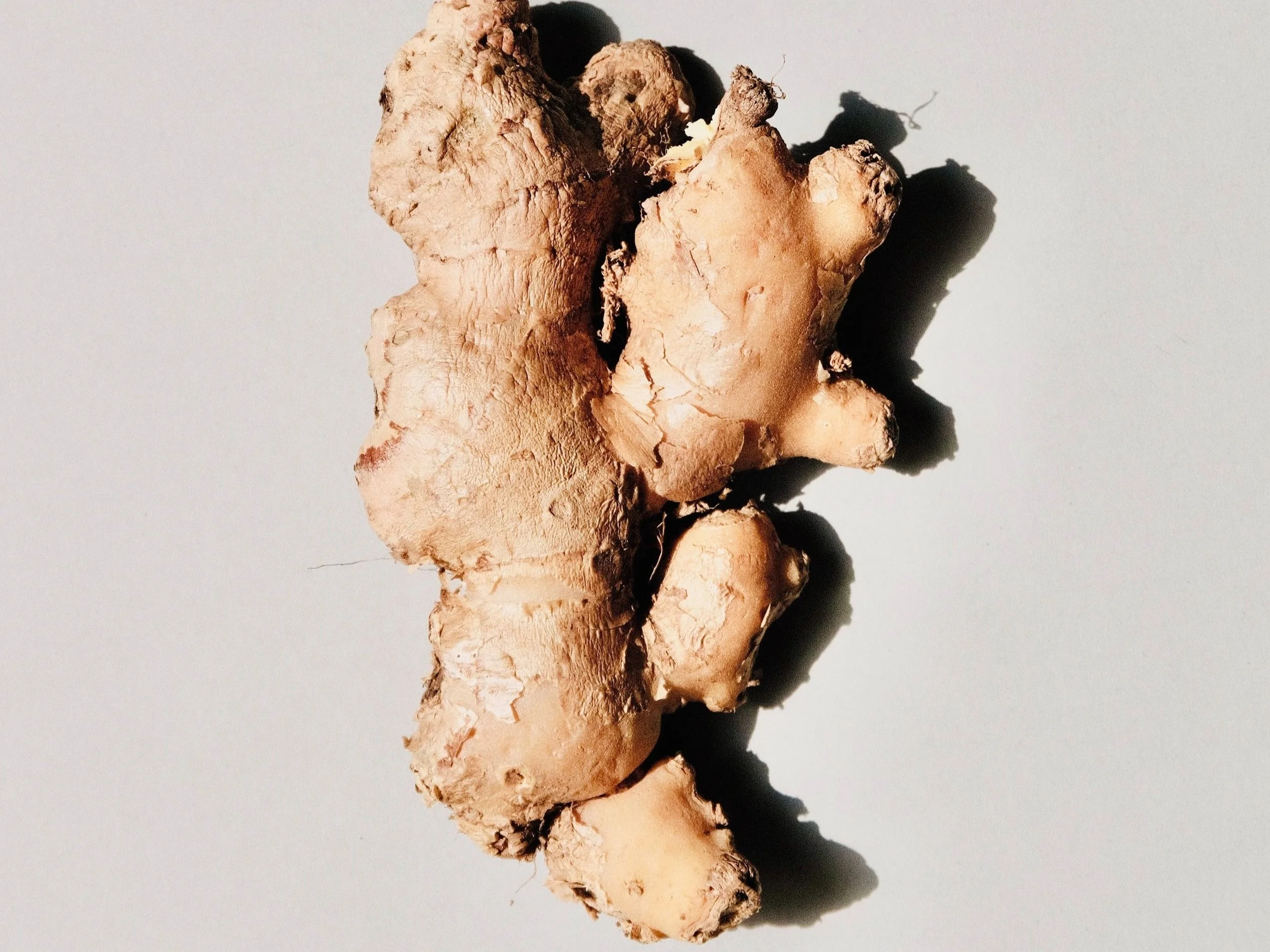10 Tips to better support your immune system this winter
Most of us already know that certain bugs, like colds and flu, really come into their own in winter, usually just in time for the work Christmas party, or family meal. But did you know that part of the reason for this is due to the way in which the colder, drier air changes how the immune system operates? As is the reduction in Vitamin D, an essential nutrient for immune functioning, that comes as a result of those dark afternoons.
To keep you healthy in winter, here are 10 tips to help bolster your immune system and support it to function through the colder months.
Sunlight
Even though there is less sunlight this time of year, when the sun is out, it’s time to go out! Vitamin D plays an essential role in modulating our immune responses, affecting at least 200 chemical pathways involved in our body’s defences.
Embrace the cold
Research shows that a 2-3 minute cold shower every day can help increase the number of white blood cells in your body to help protect us from viruses and improve your emotional state. A cold water shower may feel like the last thing you want first thing in the morning, so remember to ease yourself in and build up over a few days.
Garlic
Garlic has been used as an antiseptic, antibacterial, and anti-fungal agent, as well as a way of keeping away those first dates. It may help the body resist or destroy viruses and other microorganisms which it does by boosting the immune system by stimulating mechanisms involved with modulating the secretion of our immune cells. May not make you many friends though.
Medicinal Mushrooms
Mushrooms contain beta-glucans which switch on our innate immune fighters. Maitake mushrooms, in particular, contain a powerful “D-fraction” compound that activates a rapid defense response to fight off infections.
Cabbage (Cruciferous Veg)
This time of year we rely more on hardy root and cruciferous veg. In particular, the cabbage family provides plentiful options such as kale, red cabbage, swiss chard, Brussels sprouts, and more. Cabbage contains a compound called indol which helps the liver to detox - very useful for all that excess winter feasting :)
Antioxidant-Rich Foods
There’s also a whole host of other great foods such as beetroot, cranberries, pumpkin, pomegranate, clementines, grapefruit, parsnips, and carrots which provide your body with essential polyphenols needed to support the immune system. Try sneaking some of these into your meals.
Exercise
There are many benefits to exercising but when it comes to the immune system, researchers found that moderate-intensity exercise (i.e. light jogging, and swimming) lowered the incidence and intensity of flu symptoms.
Herbs
Herbs are an easy thing to incorporate into meals, especially Parsley. Just 28g (approx 4 x table spoons) achieves the recommended daily intake of Vit K and contains over half of the recommended daily intake of Vit C.
Ginger
This root has rich phytochemistry and has been used for centuries as herbal medicine to reduce inflammation and support the immune system. The best way to extract the juice is with a juicer or Nutribullet, alternatively, just add slices to hot water and cover so the nutrients don’t evaporate, and drink slowly. It’s also great for digestion which is ideal after those big winter dinners.
Vitamin A
You can get this from foods such as dark leafy greens and orange vegetables such as squash, pumpkins, peppers, and carrots. Supplementing with Vitamin A during the winter months may be beneficial as it stimulates the production and activity of white blood cells which help to regulate your immune system. Caution should be taken with supplementing Vitamin A if pregnant.
References:
https://bit.ly/3uoOUcv
https://bit.ly/3Y0LOcc
https://bit.ly/3XVtNvX
https://bit.ly/3FuTJHL
https://bit.ly/3HkvU6u
https://bit.ly/3VBkzn2




